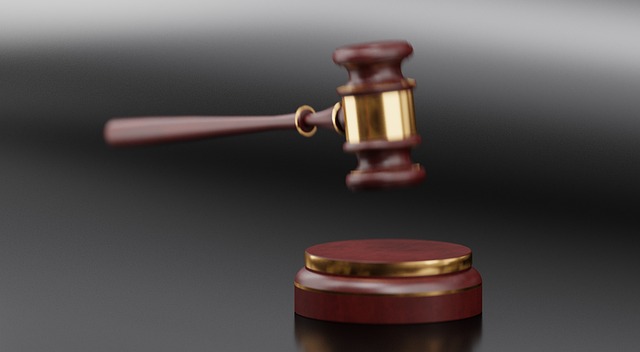Healthcare law firms face complex ethical challenges in plea bargaining decisions, balancing justice with client interests. The Ethical Implications of Plea Bargaining Decisions significantly impact patients' trust and the legal system's integrity. Transparent communication, conflict disclosure, and mutually beneficial agreements are crucial to prevent unfair deals, ensuring patient rights and ethical representation. Lawyers must navigate this delicate terrain while adapting to evolving legal guidelines to maintain the highest standards in healthcare law.
In the intricate landscape of healthcare law, balancing justice and ethical practices is paramount. This article explores the nuanced world of healthcare law firms, focusing on three critical aspects: Balancing Justice, Transparency in Healthcare, and Defense Strategies. We delve into the ethical implications of plea bargaining decisions, examining how these choices impact patients, providers, and the industry at large. By navigating moral dilemmas, healthcare legal experts play a vital role in fostering fairness and transparency within the healthcare sector.
- Balancing Justice: Ethical Plea Bargain Practices
- Transparency in Healthcare: Avoiding Unfair Deals
- Defense Strategies: Navigating Moral Dilemmas
Balancing Justice: Ethical Plea Bargain Practices

In the complex landscape of healthcare law, balancing justice with practical considerations is an ongoing challenge. Plea bargaining, while a common practice in many legal systems, raises significant ethical questions, especially when dealing with sensitive healthcare-related matters. The ethical implications of plea bargain decisions are profound, as they can impact not only individuals’ lives but also the overall integrity of the justice system. This delicate equilibrium requires law firms specializing in healthcare to navigate complex terrain, ensuring fairness while managing high-stakes cases.
The process often involves negotiating deals that divert individuals from lengthy jury trials, a strategy crucial for both defendants and prosecutors in white collar defense. However, critics argue that this approach may undermine the pursuit of justice, particularly when dealing with serious offenses. In healthcare, where patient trust and safety are paramount, every plea bargain should be scrutinized to prevent potential harm and maintain public confidence. Effective advocacy demands a nuanced understanding of both legal complexities and the ethical responsibilities inherent in these high-stakes cases.
Transparency in Healthcare: Avoiding Unfair Deals

In the healthcare industry, transparency is paramount to ensuring fairness and protecting patients’ rights. One area where this is crucial is in legal negotiations and plea bargaining decisions. Healthcare law firms play a vital role in advocating for their clients, but they must also navigate complex ethical implications. The general criminal defense strategy often involves negotiating with prosecutors, which can be challenging given the delicate nature of healthcare-related cases.
Avoiding unfair deals requires transparency in communication between all parties. This includes disclosing potential conflicts of interest and ensuring that plea agreements are reached through mutually acceptable terms. Patients should have confidence that their best interests are considered, especially when dealing with sensitive medical information. Therefore, law firms must prioritize ethical practices, for his clients’ benefit, and maintain integrity throughout jury trials or settlement negotiations to uphold the highest standards in healthcare representation.
Defense Strategies: Navigating Moral Dilemmas

In healthcare law firms, defense strategies often face complex moral dilemmas that require a delicate balance between legal obligations and ethical considerations. One such area is the use of plea bargaining, where defendants agree to admit guilt in exchange for reduced sentences. The ethical implications of these decisions are profound, as they can impact not just the defendant but also victims’ rights and public trust in the justice system. Lawyers must navigate this treacherous terrain, ensuring that their tactics maintain the integrity of the legal process.
Unprecedented track records in securing complete dismissals of all charges through innovative defense strategies are commendable, but they should never come at the expense of ethical conduct. As the legal landscape evolves, healthcare law firms must adapt their approaches to address these moral dilemmas effectively. This involves staying informed about ethical guidelines, fostering a culture of integrity within the firm, and employing tactics that prioritize justice while upholding the highest standards of professional ethics.
In navigating the complex landscape of healthcare law, understanding the ethical implications of plea bargaining decisions is crucial. By fostering transparency and adopting defense strategies that address moral dilemmas, healthcare law firms can ensure fairness and protect patient rights. Balancing justice in this sector demands a vigilant approach to prevent unfair deals, thereby revolutionizing the industry’s reputation and enhancing public trust.






